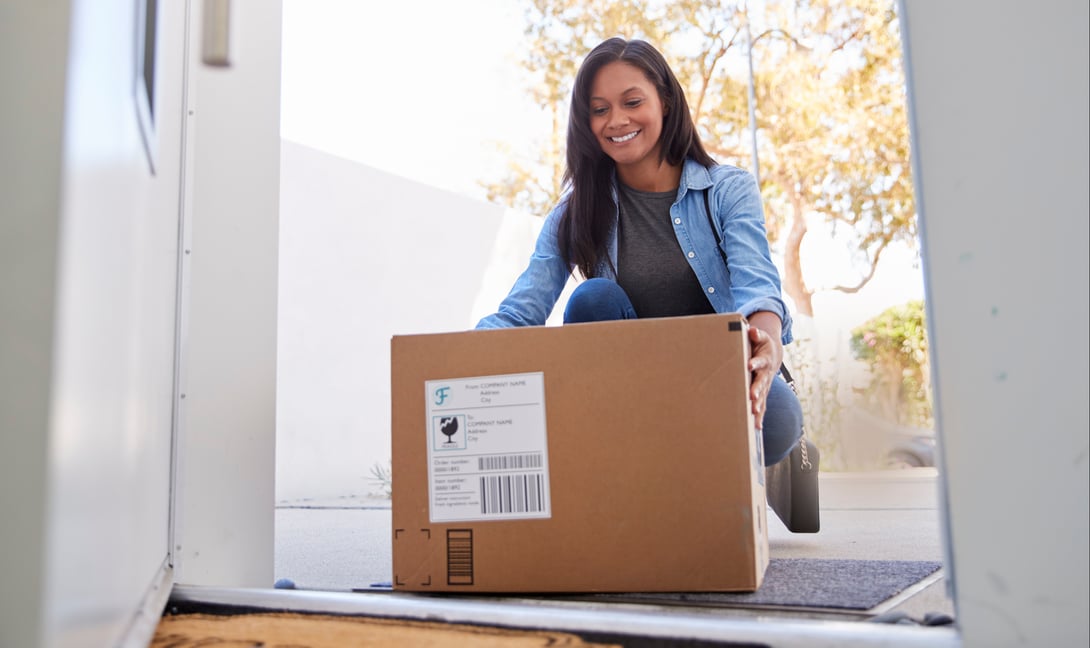What is Real Estate’s “New Normal”?
It’s hard to believe that it’s only been a matter of weeks since COVID-19 swept the world, transforming our daily lives, hampering our economy, and threatening the wellbeing of millions. Real estate has been particularly impacted by widespread social distancing practices – a far cry from the emphasis on collaboration and experience that has characterized the industry’s collective philosophy over the past decade.
We don’t know when our public health crisis will end, let alone the timeline for a market recovery. But, we’re already seeing signs of adaptation throughout the real estate industry and the economy at large. Even if we don’t experience a full return to “normalcy”, we may be witnessing the evolution of a “new normal” before our eyes.
Over the next several months, Antenna Group Spaces will be highlighting the innovative practices, technologies, and infrastructure solutions in response to COVID-19 that signify potential longer-term changes throughout the real estate industry.
We’d love to hear your perspective, too. How do you see the real estate industry adapting to this crisis? Please email Antenna Group Spaces EVP Christa Segalini at christa.segalini@antennagroup.com, and let us know if you’d like us to include your thoughts in our next newsletter/blog.
Most importantly, we’re wishing health, happiness, and strength to you and your loved ones during this time. We thank each of you for your leadership, partnership, and friendship.
-The Antenna Group Spaces Team
Trends, Ideas, Innovations
Industry events, reimagined

For an industry that’s predicated largely on building relationships, in-person panel/networking events have long provided an avenue for obtaining new market intelligence and connecting with new potential clients and partners. Of course, social distancing means a cessation of large gatherings, but one could argue that discussions about industry trends are more important now than ever.
Some media and event companies are finding new ways to connect real estate professionals with these insights. Bisnow and Inman have both launched a series of virtual town halls focusing on rising industry issues, complete with interactive components to encourage attendees to engage with one another. Outlets like The Real Deal and The Commercial Observer are also offering virtual webinars to spark discussion about market trends.
Will we start to see a greater demand for online industry events, even post-COVID-19? It’s conceivable; industry professionals are bound to develop a greater level of comfort with the webinar format. The question is: how can these webinars replicate the networking value of an in-person event? We started to see the proliferation of networking apps for events over the past couple of years, but we’re eager to see how media companies can foster a greater sense of connectivity among virtual attendees.
The democratization of grocery delivery

Although it’s been more than 30 years since Peapod became the first company to sell groceries online, for the majority of the past three decades, the use of a fresh-food delivery service has been mostly relegated to upper-middle-class city dwellers. As recently as early last year, only 3 percent of groceries were purchased online (compared to 22 percent of apparel sales and 30 percent of computer and electronics sales), and it remained difficult for many companies in the space to make a profit. And despite the potential presented by a market that was projected to reach $100 billion in sales by 2025 – making online grocery shopping one of the country’s fastest-growing e-commerce sectors — the service has remained a luxury or a non-option for most Americans.
A shift began last year, when the USDA launched a pilot program to open up online grocery shopping to those on public assistance in New York state. Subsequently, Walmart — the nation’s largest grocer — announced plans to make an unlimited grocery delivery subscription available in more than 50 percent of the country.
Now, the pandemic has shifted the sector’s expansion into overdrive.
Companies such as Instacart, Giant and Safeway have announced plans to hire hundreds of thousands of workers to meet the increased demand for grocery delivery. In Europe, Uber Eats has begun partnering with local supermarkets to deliver foods, toiletries and cleaning products. Amazon is expanding Whole Foods delivery into more markets. We’re even seeing locally-owned grocery stores launch their own delivery services.
As we seek silver linings in the coming months, it’s safe to assume that the fast-tracked transformation of this sector will be on our radars.
From the (Home) Desk Of
Families, communities and employees are looking for leadership during these turbulent times. Antenna Group CEO Keith Zakheim shares the principle that has guided clients through varied crises for more than 25 years in his recent blog post here.
